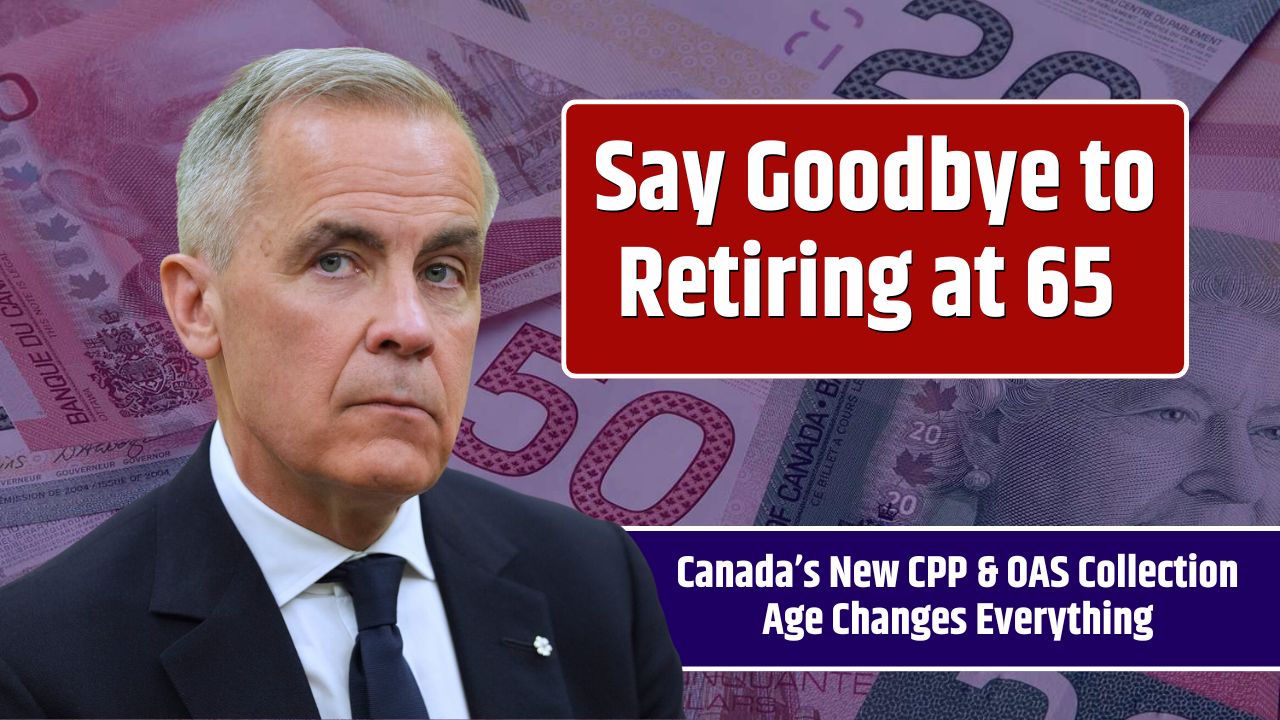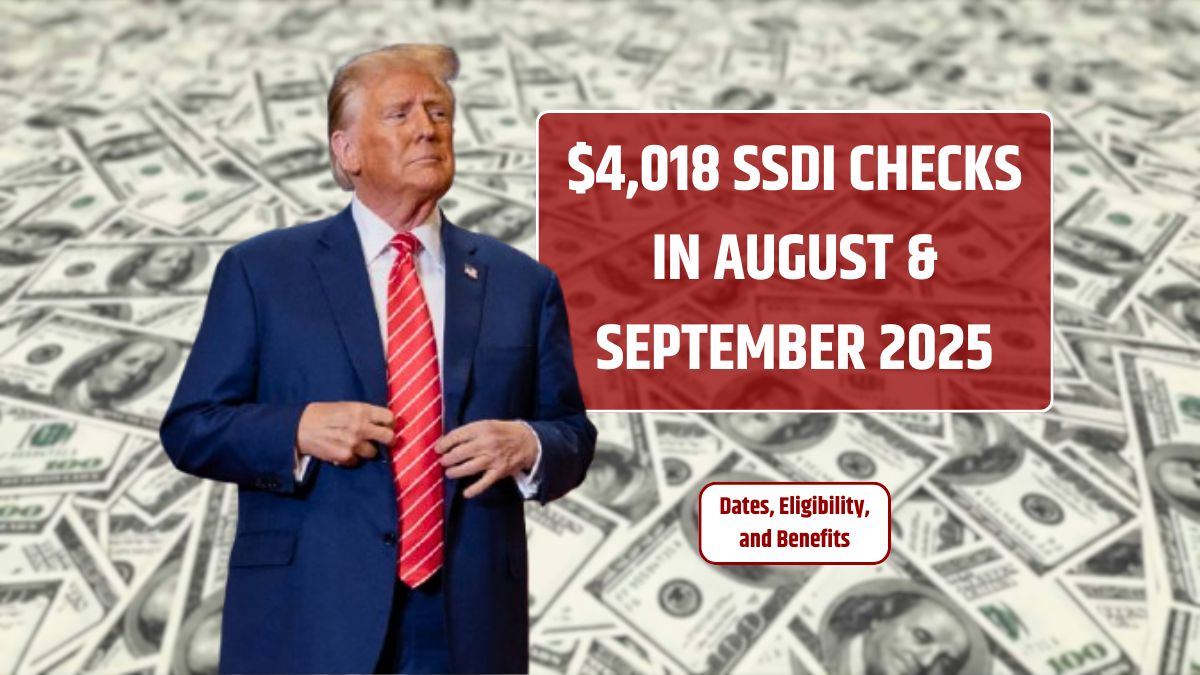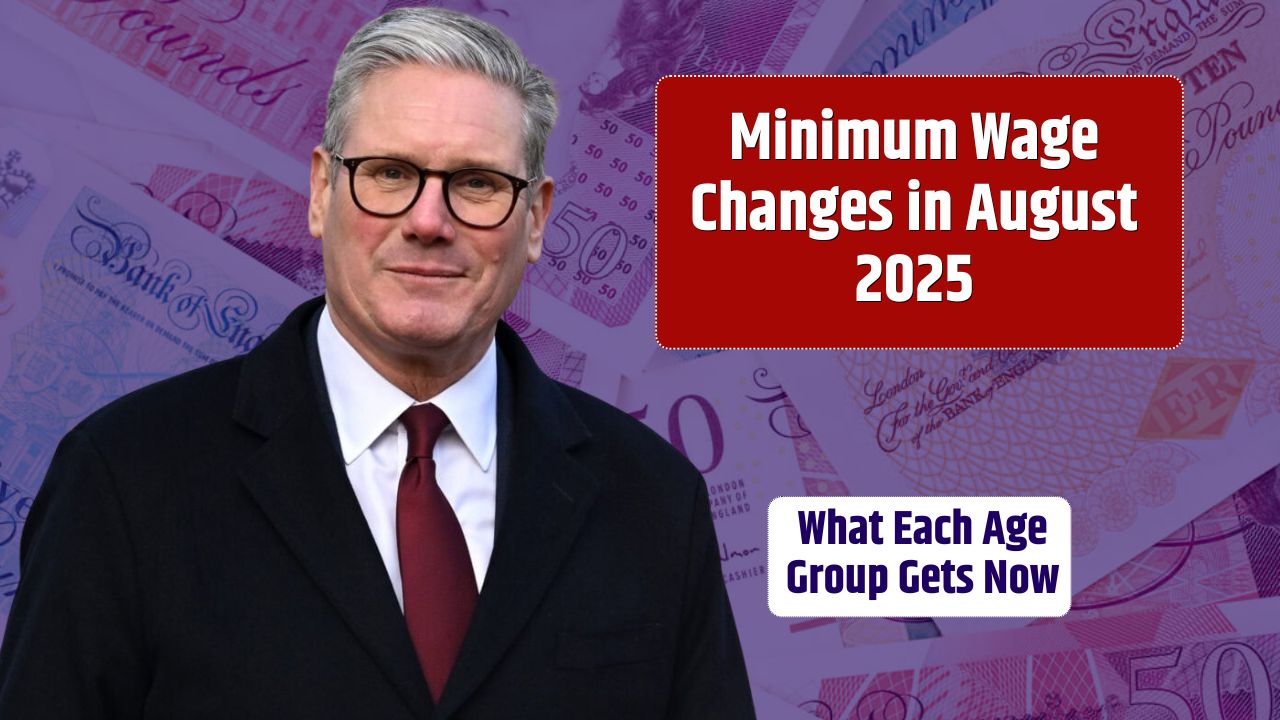For decades, turning 65 in Canada came with a kind of ceremonial gravitas. Gold watch, farewell cake in the breakroom, pension papers on your desk. You’d retire, finally exhale, and maybe start planning that long-postponed trip to Banff or Belize.
But today? That neat little timeline’s kinda… toast.
Turns out, retirement at 65 ain’t the rule anymore—it’s more like a suggestion. And a soft one at that.
Why 65 Isn’t the Magic Number Anymore
Let’s get one thing straight: you can still retire at 65. No one’s stopping you. The issue is whether you should—and more importantly, whether you can afford to.
And that’s where the wheels start wobbling.
1. You’re Living Way Longer Than Your Grandparents Did
Back in the day, retiring at 65 made sense. Why? Because people didn’t live much past 75.
Today? The average Canadian is expected to live into their mid-80s. That means a 20- to 30-year retirement isn’t just possible—it’s becoming normal.
Let’s pause on that: you might spend as long in retirement as you did in the workforce.
That’s a whole second career… without the paycheque. Unless you’ve been stockpiling wealth like a raccoon in November, it’s a financial marathon.
2. Everything Costs More—And Keeps Going Up
Have you seen grocery bills lately? Or tried booking a dental appointment without insurance?
Housing prices? Still bananas. Long-term care? Brace yourself. Retirement is getting expensive—not in a luxury-yacht way, but in a “do I really need name-brand oatmeal?” way.
So unless your retirement plan involves a time machine back to 1998, you might need more income for longer than you thought.
| Expense Category | How It’s Changed |
|---|---|
| Housing | Home prices ↑ 300%+ since 2000 |
| Groceries | Food inflation still >3% in many areas |
| Healthcare | Private insurance & out-of-pocket costs rising |
| Travel | Post-pandemic surge in demand = pricier getaways |
| Assisted Living | Monthly fees $2,000–$5,000+ |
3. CPP & OAS: Timing Is Everything
Yes, you’re eligible for CPP and OAS at 65. But they’re not rigid. You can claim CPP as early as 60—or wait until 70.
- Claim at 60? You’ll take a 36% haircut.
- Wait till 70? You’ll get a 42% bonus.
Same goes for OAS. Delaying it boosts your monthly benefit by 0.6% per month, or 36% total if you hold off until 70.
It’s like a game of chicken with your own lifespan. Will you live long enough for the bigger cheques to pay off? That depends on health, genes, lifestyle, and a bit of luck.
TL;DR: Retiring early might mean smaller payouts forever. Waiting pays off—if you can afford to wait.
What About the Government Moving the Goalposts?
Remember when Canada almost raised the OAS eligibility age to 67? Yeah, that got walked back in 2016—but the pressure’s still there. Other countries, like the U.S. and Australia, have already started inching retirement ages upward.
Why? It’s basic math. Fewer workers + more retirees = budget stress.
If you’re in your 40s or 50s now, don’t assume today’s rules will still apply by the time you hit retirement. Plan like change is coming—because it probably is.
Canadians Are Rewriting Retirement
Maybe this is the biggest shift of all: retirement isn’t a hard stop anymore. It’s more of a fade-out.
According to StatsCan, the number of 65+ Canadians still working has doubled since 2000—from 10% to 20%. And it’s not just about money. A lot of folks want:
- Purpose
- Routine
- Social interaction
- A reason to wear something other than sweatpants
Some retire, then unretire. Others consult, freelance, or volunteer. The idea of a one-and-done retirement day? It’s fading like dial-up internet.
“I thought I’d be on a beach by now,” said no one scrolling job listings at 67… kidding, but also not.
So… When Should You Retire?
Honestly? There’s no “right” answer. But here’s a gut check:
- Do you have enough saved to fund 25-30 years of living expenses?
- Have you mapped out what CPP/OAS looks like if you delay vs. claim now?
- Is your health solid enough to work longer—or will you burn out before you cash in?
- Are you working because you want to—or because you have to?
Retirement isn’t just about money. It’s about autonomy. The ability to choose how you spend your days. Whether that’s full-stop relaxation or just having the freedom to walk away from work you’ve outgrown.
FAQ
Can I still retire at 65 in Canada?
Yes, but whether it’s sustainable depends on your savings, expenses, and when you claim CPP/OAS.
Is the government planning to raise the retirement age?
Not officially. But long-term demographic trends suggest it’s still on the table.
Is delaying CPP/OAS worth it?
If you live into your 80s or 90s? Usually, yes. But you’ll need other income in the meantime.
Can I work and still collect CPP/OAS?
Yes. But high earners may face OAS clawbacks through taxes.












